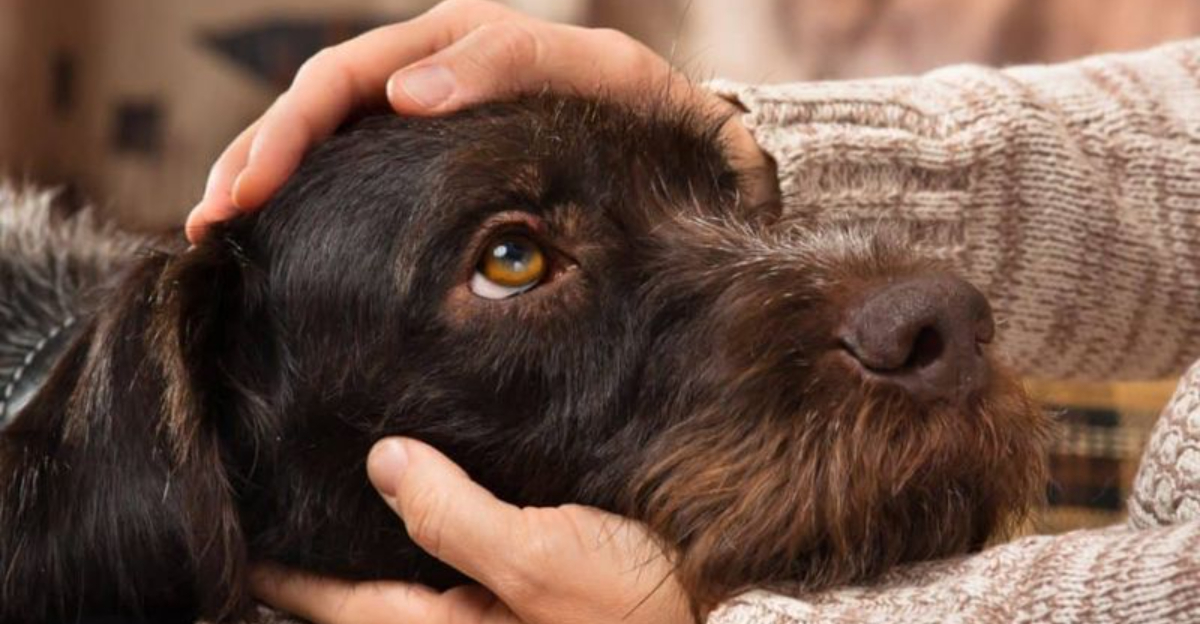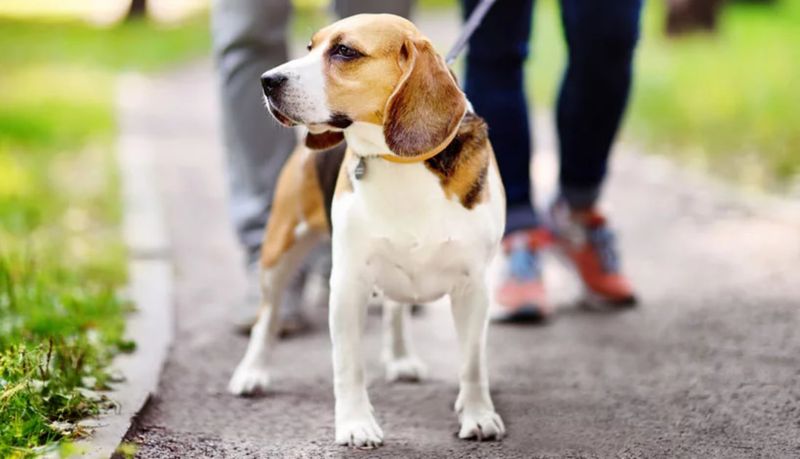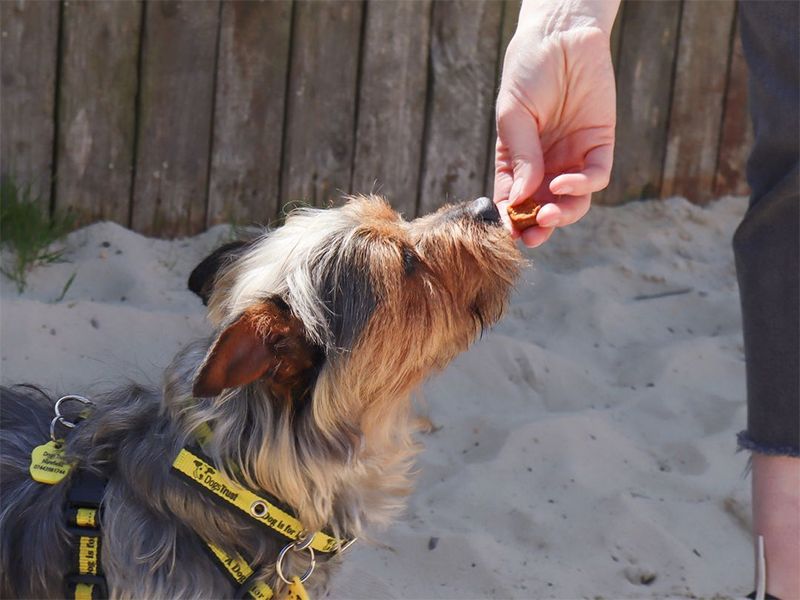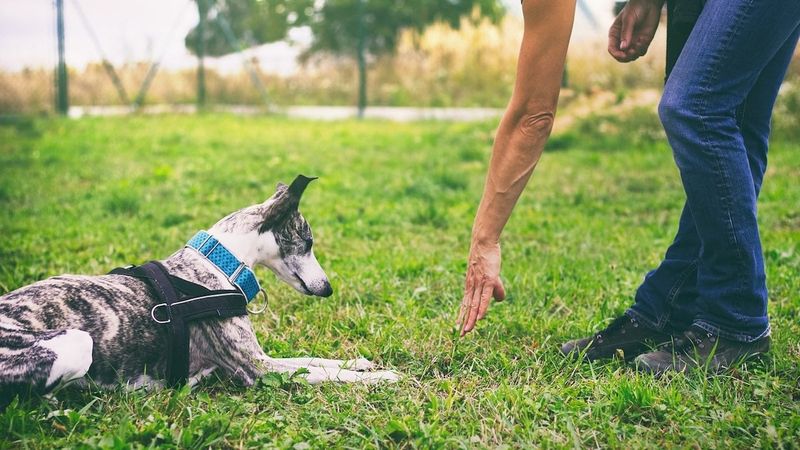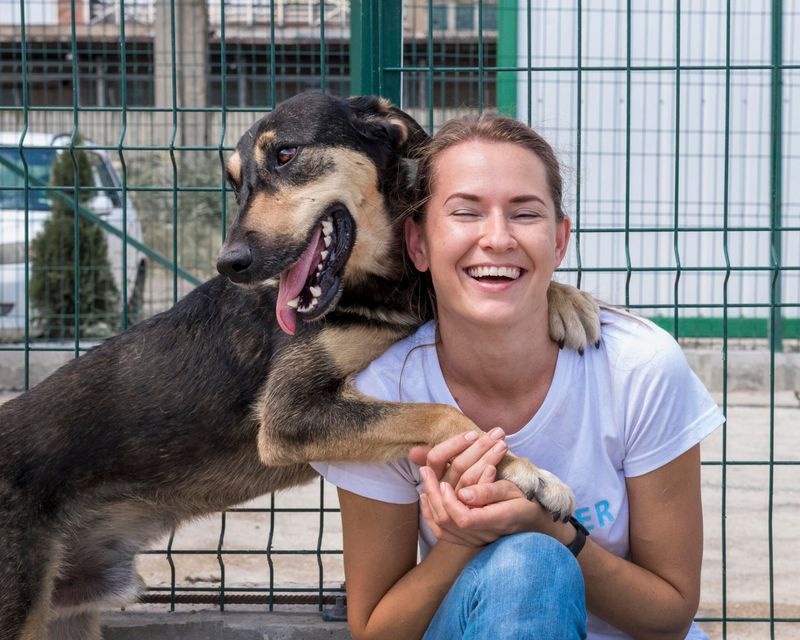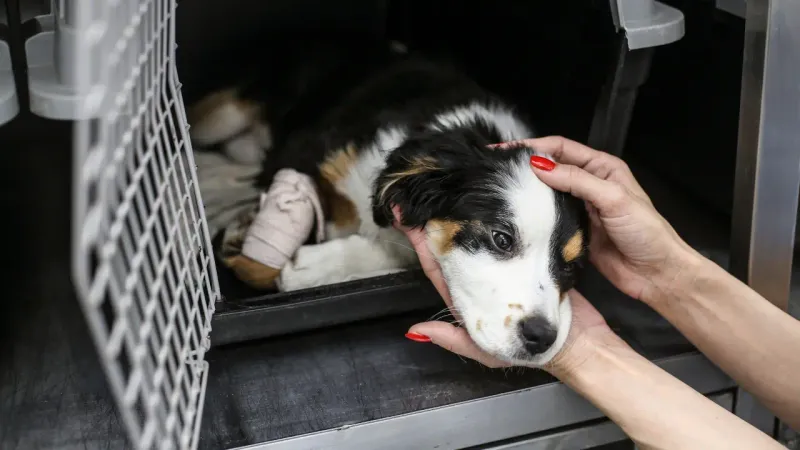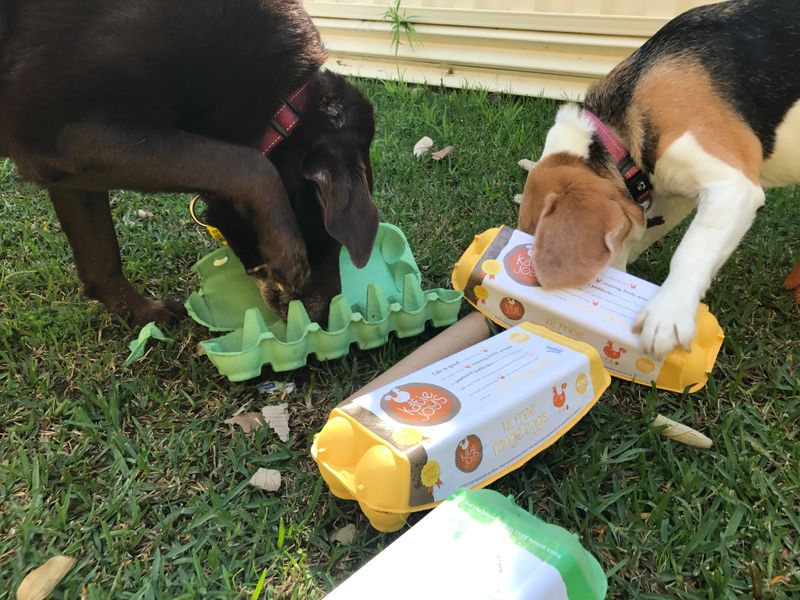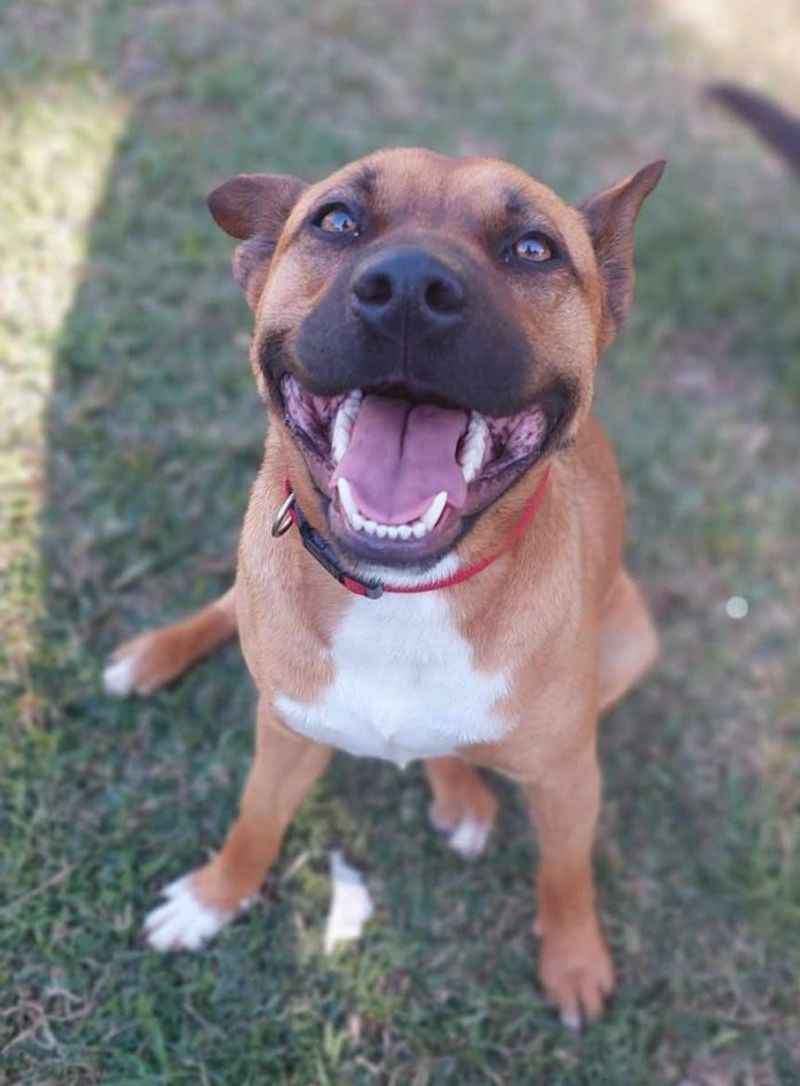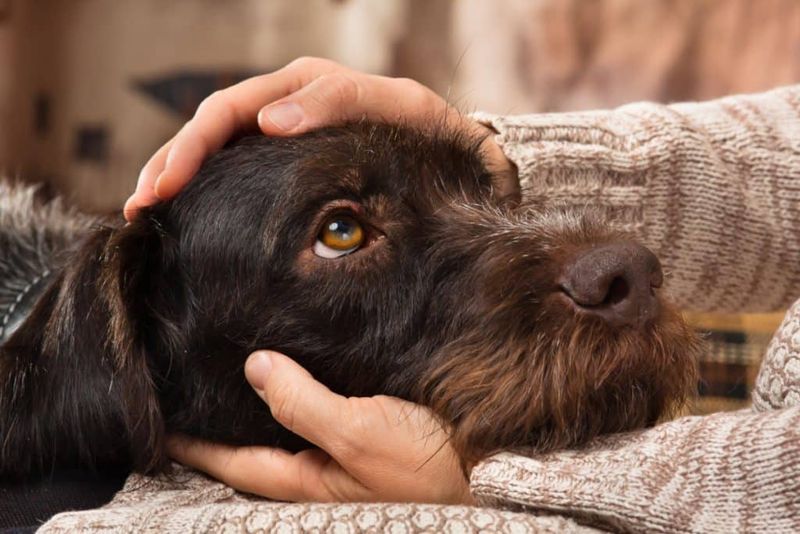Welcoming a rescue dog into your home is a heartwarming journey filled with love, patience, and mutual understanding. While these furry companions may have experienced tough times, they possess an incredible capacity to offer unconditional love. Building trust with a rescue dog requires time, empathy, and consistency. Here, we explore nine heartfelt ways to forge a lasting bond with your new four-legged friend. Discover how small acts of kindness, thoughtful routines, and gentle communication can transform your relationship with a rescue dog into a lifelong friendship.
Create a Safe Haven
Providing a safe space is crucial for a rescue dog’s comfort. Designate a cozy corner in your home where they can retreat when feeling overwhelmed. Include a soft blanket and a few toys to create a welcoming environment.
This sanctuary will serve as their personal refuge, offering solace amidst a new and unfamiliar world. As your dog becomes accustomed to this haven, they’ll start to associate it with security and warmth.
Over time, this quiet spot will become a symbol of trust, a place where your furry friend feels truly at home. Such small gestures build confidence and ease anxiety.
Establish a Routine
Consistency is key when helping a rescue dog adjust to a new life. Establishing a daily routine provides structure and predictability, which are comforting for dogs. Start with regular feeding times and scheduled walks.
These routines will not only help regulate their schedule but also build trust as they learn to rely on you for their needs. Walks are a great opportunity to explore the world together and strengthen your bond.
As your dog becomes familiar with the routine, they’ll gain a sense of stability, reducing stress and fostering trust in the process.
Gentle and Positive Reinforcement
Utilizing gentle and positive reinforcement encourages good behavior and strengthens your connection. Reward your rescue dog with treats, praise, or petting whenever they follow commands or exhibit desired behaviors.
This method creates a positive association with training and helps your dog understand what is expected of them in a loving way.
Over time, these rewards will motivate your dog to continually seek your approval, enhancing their confidence and the trust they place in you as their caregiver.
Patient Communication
Patience is essential when communicating with a rescue dog. They may not understand your words initially, but they’ll respond to your tone and body language. Speak softly and use calm gestures to reassure them.
Over time, your dog will learn to read your expressions and respond accordingly. Celebrate small victories and remain patient during setbacks.
This gentle approach fosters an environment of trust and understanding, allowing your rescue dog to feel safe and valued in your presence.
Enjoy Playtime Together
Playtime is a wonderful way to bond and build trust with your rescue dog. Engage in activities that they enjoy, whether it’s fetching a ball, playing tug-of-war, or chasing a frisbee.
These playful interactions provide mental stimulation and physical exercise, promoting happiness and health. As you spend time together in fun and games, your dog will begin to see you as a friend and companion.
This shared joy strengthens your relationship, making your rescue dog feel loved and appreciated.
Offer Gentle Touch
A gentle touch can convey love and reassurance to a rescue dog. Take time to pet them softly, allowing them to become accustomed to human contact.
Be mindful of their reactions and respect their boundaries, as some dogs may have had negative experiences in the past. A slow and careful approach can work wonders in building trust.
Over time, your dog will associate your touch with affection and security, leading to a deeper emotional connection.
Provide Enrichment Activities
Enrichment activities are essential to a rescue dog’s mental well-being. Offer puzzle toys or games that challenge their mind and encourage problem-solving.
These activities not only keep your dog entertained but also provide an outlet for their natural instincts. Encourage exploration and reward their curiosity with treats.
This mental stimulation fosters confidence and independence, while also reinforcing the bond between you and your rescue dog. Such activities show your understanding and care for their needs.
Respect Their Space
Allowing a rescue dog to set their own pace is vital for their comfort and trust. Respect their need for space and avoid forcing interactions.
Observe their body language and let them approach you when they’re ready. This respectful approach shows your understanding of their feelings and builds a foundation of trust.
In return, your dog will feel more secure and willing to engage, knowing that their boundaries are valued.
Share Quiet Moments
Sharing quiet moments with your rescue dog can create a strong emotional bond. Spend time together in calm settings, whether it’s relaxing on the couch or enjoying a peaceful walk.
These tranquil experiences allow your dog to feel your presence without pressure, fostering a sense of security. Such moments of companionship build trust, as your rescue dog learns to associate you with peace and comfort.
In these shared silences, a deep and enduring relationship can flourish, rooted in mutual respect and love.
